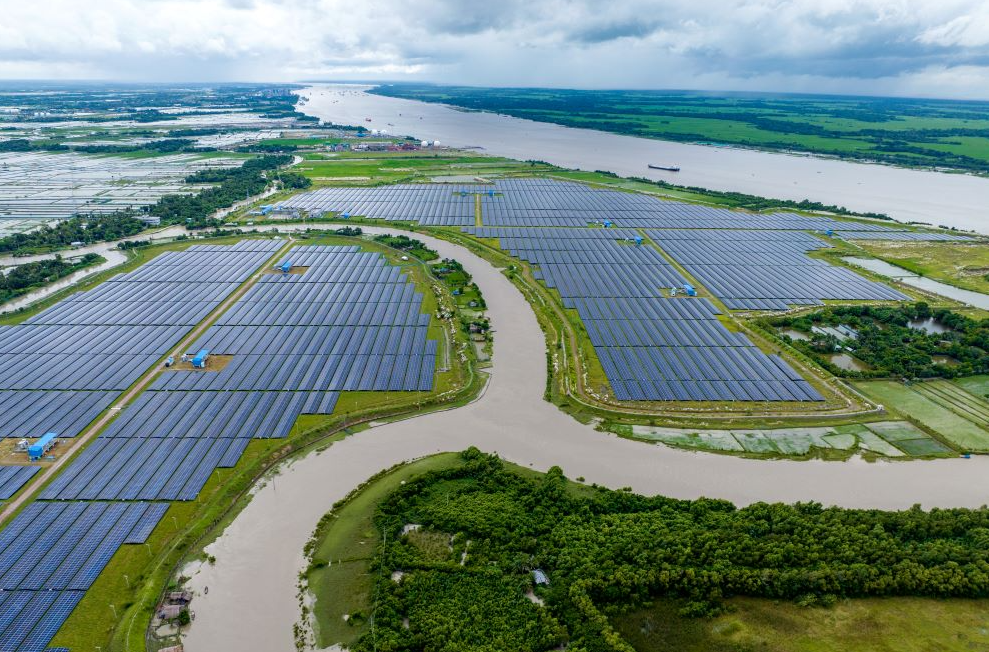
The initiative, devised by Avinash Persaud, climate adviser to the IADB president, aims to redirect public finance towards buying up performing green energy loans in lower-income countries. The move could generate a surge of new private capital, helping bridge the vast climate finance gap and pushing the world closer to the $1.3 trillion in annual climate support pledged to poorer nations by 2035.
"This could be a game-changer," Persaud told The Guardian. "It's a scalable solution to mobilise trillions in climate investment. We're not starting from scratch – we're unlocking what's already working."
The plan will be unveiled in full at a UN climate meeting in Bonn, where discussions are laying the groundwork for COP30 in Brazil this November.
Redirecting risk to unlock capital
Under the scheme, publicly funded development banks would purchase active renewable energy loans currently held by commercial lenders in the Global South. Although these loans are considered relatively safe, many large institutional investors are barred from holding them due to the lower credit ratings of the countries involved.
By transferring the loans to multilateral development banks — which hold high credit ratings and can offer default guarantees — these financial packages could be repackaged to meet the strict credit standards of pension funds, insurers, and asset managers.
"The breakthrough was realising that $50 billion in green loans were already sitting on the books in Latin America," Persaud said. "Buying them frees up balance sheets and kick-starts a new wave of projects."
Crucially, developers would only be eligible if they reinvest the capital into new renewable ventures — creating what Persaud describes as a "virtuous circle" of reinvestment and growth in the green energy sector.
A timely response to climate finance shortfalls
The plan arrives amid mounting concern that wealthy nations are failing to meet their climate finance promises. While COP28 in Dubai saw a landmark commitment to transition away from fossil fuels, new data from campaigners at Oil Change International shows countries including the US, Canada, Norway, and Australia are planning major expansions in oil and gas production — responsible for 70% of projected new fossil fuel development between 2025 and 2035.
"It is deeply unjust that the richest nations — with the greatest responsibility for the climate crisis — are still backing fossil fuel expansion," said Romain Ioualalen of Oil Change International.
The Bonn talks, which conclude on 26 June, are expected to focus heavily on how to scale up finance for vulnerable countries grappling with extreme weather and emissions cuts.
A pilot in Latin America, a model for the world
The IADB expects to issue a formal call for proposals within months. The initial portfolio will likely be worth between $500 million and $1 billion, with Latin America serving as the launchpad for the model.
Experts have welcomed the plan as one of the few truly viable options for mobilising large-scale capital under current financial constraints.
"It's pragmatic and ambitious," said Mattia Romani, senior partner at Systemiq and an adviser to COP30 on climate finance. "By securitising loans and engaging directly with local commercial banks, this approach taps into institutional capital and turns it into an engine for green transition."
With global temperatures rising and time running out to limit warming, Persaud says climate finance needs to shift from pledges to practical mechanisms.
"We have the tools — we just need to deploy them smartly," he said. "This model does exactly that."